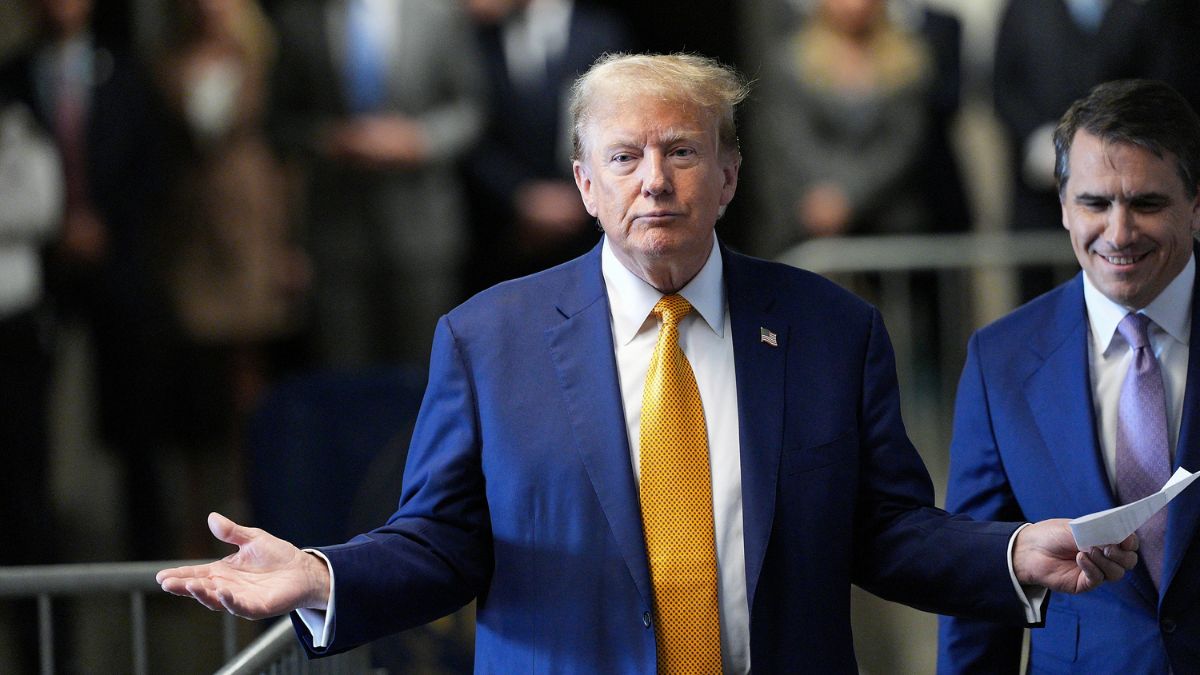By Siva Balakrishnan
A young company founder paces her office in Bengaluru’s thriving IT district, staring at a whiteboard covered in ambitious ideas for an AI-powered healthcare platform. Her team has the concept and the funds, but one important component is missing: qualified AI developers. She has searched LinkedIn and employment forums, but she is unable to locate applicants who can make her ideas a reality.
This isn’t just her story. It’s a warning sign for India, a nation set to lead the global AI revolution, but has to deal with a lack of skilled workers that could put at risk its goals. With forecasts predicting 2 million AI-related jobs by 2026, the question arises: What happens when the world’s largest talent pool isn’t prepared for its most significant technological wave?
A Digital Powerhouse with Unparalleled Potential
India is poised for an AI-driven change. As the world’s second-largest digital economy, it has a thriving ecosystem of entrepreneurs, tech giants, and government-backed initiatives. IndiaAI and the National Data Governance Policy demonstrate a bold commitment to using artificial intelligence to drive economic growth.
The Digital Public Infrastructure (DPI), typified by platforms such as UPI, has demonstrated how India may overcome traditional hurdles to scale innovation. Global heavyweights such as Google, Microsoft, and Amazon are investing billions of dollars in India’s AI infrastructure, while domestic startups such as Zoho and Freshworks are integrating AI into their businesses.
According to a report by The Economic Times, India’s strategic AI adoption could add more than $500 billion to the GDP by 2035, revolutionising industries ranging from agriculture to healthcare. The scenario is set for India to not just compete but even dominate in the global AI race.
The Talent Gap Threatens Progress
However, underneath this promise lurks a sobering reality: India’s workforce is not prepared. The country produces 1.5 million engineers each year, yet fewer than 3% are prepared for AI positions according to ResearchGate. The gap is caused by a long-standing mismatch between educational and industry requirements. University courses are frequently stuck in the 1990s, prioritising theoretical knowledge over practical capabilities such as machine learning frameworks or cloud-based AI tools.
Companies ranging from startups to IT behemoths are obliged to retrain employees or outsource crucial AI projects elsewhere, depleting resources and time. The problem is exacerbated in Tier 2 and Tier 3 cities, where accessibility to quality education, fast internet connections, and reasonable upskilling programs is scarce. Language obstacles further limit non-English-speaking talent in a country known for its variety.
Why the System is Failing
This dilemma stems from an education system that is slow to adjust. Curricula lag behind AI’s rapid evolution, leaving graduates unprepared to use tools like TensorFlow or real-world datasets.
Collaboration between industry and academia, which is critical for matching education with market demands, is, at best, intermittent. AI concepts are rarely introduced early in foundational education, missing opportunities to pique interest and develop intuition. Worse, the emphasis on rote coding overshadows the critical thinking and problem-solving skills that AI requires. This mismatch is more than simply academic; it is a systemic failure that threatens India’s demographic dividend.
Rewrite the Playbook: Solutions for a New Era
To close this deficit, India must move quickly and wisely. First, the talent pipeline requires an upgrade. Universities should collaborate with industry leaders to build programs that incorporate AI and machine learning from the first year. Instead of focusing exclusively on grammar, courses should include real-world applications like fraud detection models or predictive agriculture analytics. Internships, hackathons, and live datasets can all help to bridge the theoretical and practical learning divide. Platforms like NPTEL and IIT Madras’ online programs are already paving the way, but growing these initiatives is important.
Second, skills must become more inclusive. AI education should expand outside metropolitan areas, with digital platforms providing courses in regional languages such as Hindi, Tamil, and Bengali. Low-cost micro-credentials and bootcamps can empower students in small towns, while subsidised MOOCs can make education more accessible. Equity is more than just a moral necessity; it is also a strategic imperative, ensuring that India fully utilises its talent pool.
Third, industry must stand up as a co-creator rather than just a consumer. Companies such as TCS, Infosys, and Wipro have already established in-house schools to reskill staff, but more should follow suit. Public-private partnerships might fund skill-building projects, while apprenticeships and shadowing programs can help non-tech graduates get into AI professions. This collaborative strategy is not new; global competitors such as IBM and Accenture have long invested in staff development, and India’s IT giants are well-positioned to lead.
Beyond Coding: A broader vision for AI talent
Product management, ethics, policy, design, and even prompt engineering are all becoming increasingly important roles. India must encourage profession changers, arts and commerce graduates, for example, to pursue these chances.
Diverse perspectives, ranging from gender to geography, will improve AI solutions and ensure they meet real-world needs. A rural policymaker or a humanities-trained designer could help build AI that is more inclusive and impactful.
A National Imperative: Develop the Builders
The narrative surrounding AI frequently focuses on job losses, but the true risk is failing to fill the jobs that AI will create. This is more than just a technical challenge; it’s a national priority. Founders must promote upskilling, educators must reconsider pedagogy, policymakers must encourage investment, and students must take the opportunity.
India has the opportunity to not just ride the AI tsunami but to shape it by developing solutions that resonate internationally. The clock is ticking, and everyone is watching. Will India emerge as a nation of AI developers, or will it falter, leaving its potential untapped? The decision is ours, and the time to act is now.
(The author is the CEO & Founder of Vserve)
Disclaimer: The opinions, beliefs, and views expressed by the various authors and forum participants on this website are personal and do not reflect the opinions, beliefs, and views of ABP Network Pvt. Ltd.


)
